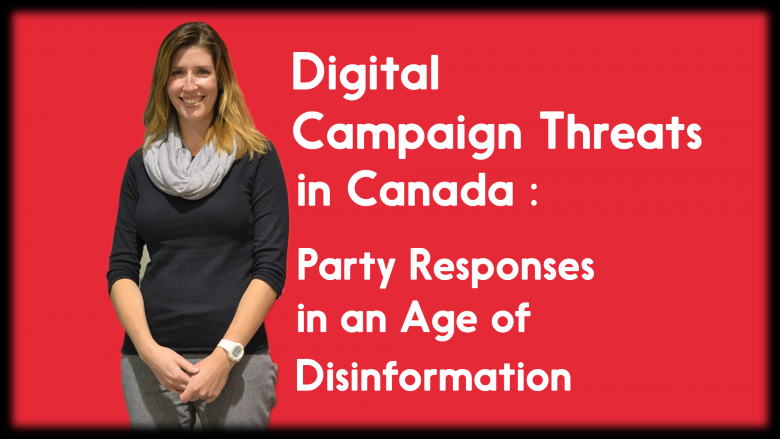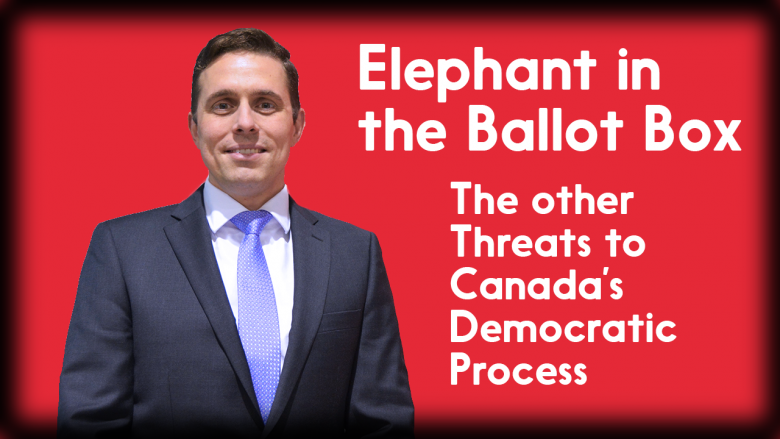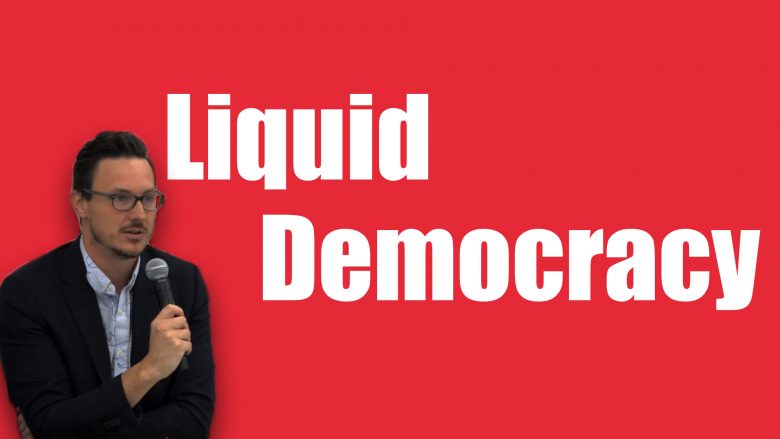This presentation reported on results from the examination of interference using disinformation through digital platforms. Its methods relied on media monitoring (both traditional media and social media) and interviews with party strategists. The aim was to detail the main instances of disinformation and other digital threats, and to analyze how each of the major parties …
The Communication Security Establishments’s “Cyber Threats to Canada’s Democratic Process” has been an important and influential series of reports providing the public with an invaluable snapshot of challenges facing our elections in the digital age. But for an agency with a predominately outward view toward foreign intelligence, the reports also noteworthy for the threats they …
Jeremy Clark from Concordia University presented “Liquid Democracy” at The DEFENDING DEMOCRACY:CONFRONTING CYBER-THREATS AT HOME AND ABROAD conference on Friday, October 26, 2018 at the Telfer School, University of Ottawa, Canada.
Our co-investigator Holly-Ann Garnett published a new article on evaluating online registration. The article evaluates online voter registration, using the case of Elections Canada’s introduction of an online voter registration service in advance of the 2015 Canadian general election. It asks two major questions: (1) What sociodemographic and attitudinal characteristics can predict online registration usage? …
Link Leontine Loeber from the University of East Anglia presented “The Use of Technology in the Election Process: Who Governs?” at The CDA Institute Defending Democracy: confronting cyber-threats at home and abroad conference on October 26, 2018 at the Telfer School, University of Ottawa, Canada.





